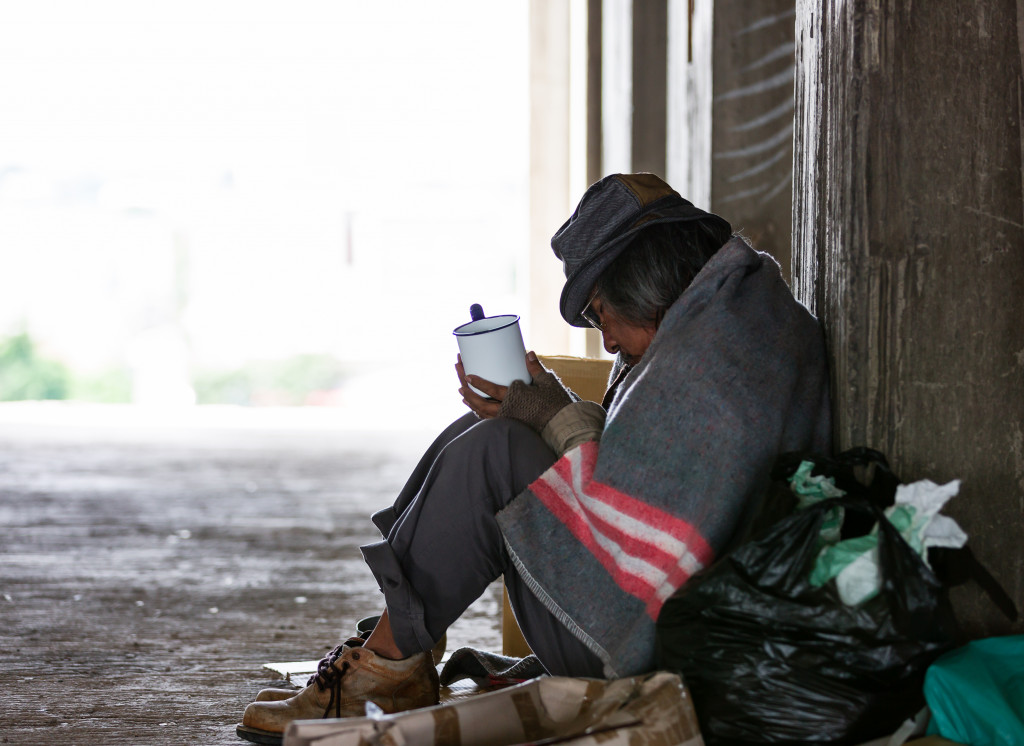A health outreach program reaches out to those less advantaged, giving them access to much-needed services that may have been out of reach. It can provide resources such as dietary advice and physical activity classes, bringing awareness to the importance of leading healthy lifestyles.
These initiatives also create an invaluable bond between professionals and community members, helping them feel supported and giving them a voice in their health care. Health outreach programs offer hope to those living in afflictive communities by providing key resources, staying attuned to their individual needs, and aiding in creating sustainable pathways for progress.
If you’re working in the healthcare industry or you’re a member of an organization that’s looking to develop a successful health outreach program, it’s important to consider what types of professionals should be included. Different health professionals bring different levels of expertise and can help ensure that your program meets its goals. Here are the health professionals that need to be included in any health outreach program:
Pediatricians
Children who live in struggling communities are at an enormous disadvantage when it comes to their health. Living in difficult conditions means they often lack access to the proper nutrition, clean water, and health care necessary to maintain well-being. This is why you should have pediatricians in your health outreach program.
Pediatricians are essential for any health outreach program as they specialize in providing healthcare services to infants, children, and adolescents. Having a pediatrician on staff will allow you to provide specialized care for young patients and address any specific concerns they may have. Additionally, pediatricians can provide education on proper nutrition and physical activity for children and help with immunizations and screenings needed for school entry or sports participation.
Psychologists
Mental health issues are a reality for many individuals living in struggling communities. Social, economic, and political conditions can directly affect these populations’ well-being, leading to increased levels of stress, depression, and anxiety. Because mental health is just as important as physical health when it comes to overall well-being, your health outreach program needs psychologists.
Psychologists specialize in diagnosing mental disorders and helping patients manage their symptoms through therapy or medication management. They can also provide counseling services that can benefit individuals struggling with depression or anxiety.
Nutritionists
People living in impoverished communities often lack access to adequate nutrition, leading to a wide range of health issues. This is due to various factors, including limited access to grocery stores and fresh produce and the fact that many such communities are food deserts with few healthy choices in nearby restaurants or convenience stores. It’s important to have a registered nutritionist in your outreach program to help address this issue.
A registered nutritionist or dietitian can provide valuable insight into healthy eating habits and lifestyle changes that will improve one’s overall physical well-being over time. Nutritionists are trained experts who understand the science behind food choices and how they affect our bodies both short-term and long-term. They can provide advice on affordable meal planning strategies as well as vitamins or supplements that could benefit an individual’s particular needs.
Dentists

People living in struggling communities experience more dental health issues than those who live in healthy economic and social environments. Poor access to proper dental care, lack of education about the importance of oral hygiene, unhealthy diets, difficulty affording dental services, and higher levels of stress all contribute to poorer dental health for people within struggling communities.
This is why partnering with a dental clinic is key for any health outreach program that wants to help prevent dental issues and promote oral health. Dental professionals can provide education on the importance of regular brushing, flossing, and visits to the dentist. Having a dental clinic available as part of your program can also allow patients to seek treatment or relief from tooth pain when needed.
Physical Therapists
Areas where communities are struggling can be very hazardous, particularly if you don’t take the necessary safety precautions. Due to a lack of resources, these locations may put individuals at greater risk of becoming injured or even suffering serious or fatal wounds. For this reason, it’s essential to have physical therapists with you during your health outreach program.
Physical therapists help individuals build strength after injury or surgery by developing customized exercise plans that focus on restoring muscle function while preventing further injury. They also offer guidance on how to move safely without aggravating existing conditions or injuries, which is invaluable for those who want to remain active yet safe while doing so.
Working with the right professionals is key to having a successful healthcare outreach program that meets its goals while providing the best possible level of care for patients involved in the program. The must-haves listed above—pediatricians, dentists, psychologists, nutritionists, and physical therapists—are essential for any comprehensive healthcare outreach program looking to make a lasting impact on its community’s overall physical wellness.

